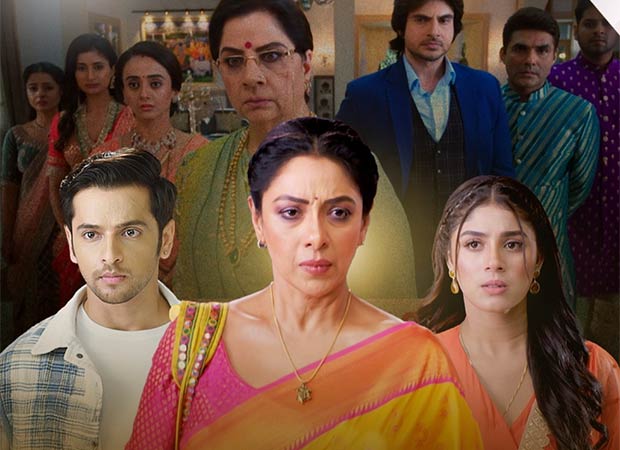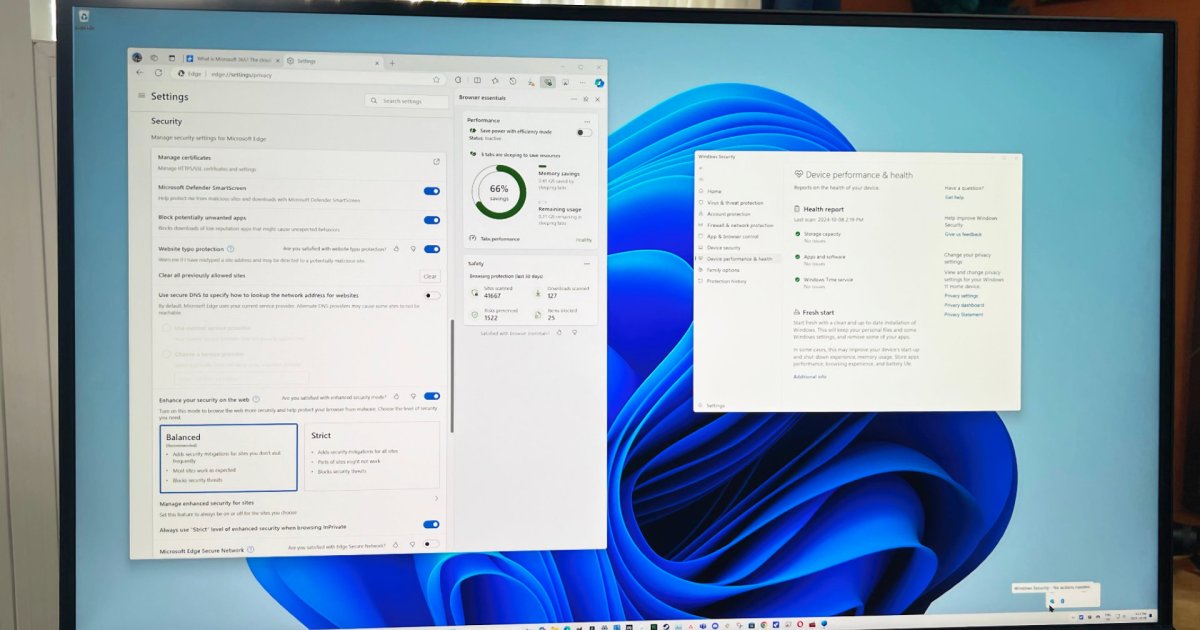Once alcohol is opened it can quickly go past its best (Image: PA)
Many might assume that once uncorked, alcohol retains its quality indefinitely, but this is a misconception, even for beverages with high fermentation and sugar levels. They only maintain their prime quality for a finite time.
A whisky connoisseur, keen on ensuring aficionados relish their drinks in peak condition, has shared insights on the longevity of various alcohols and tips for keeping them fresh, reports the Liverpool Echo.
Daniel Ufland from The Whisky Masters revealed: “One of the most common mistakes is assuming alcohol lasts forever once opened, but that’s not ‘true’.
“As much as we love saving a great bottle of whisky or wine for special occasions, time takes its toll.
“Whether it’s a vintage red wine or premium vodka, it’s important to enjoy them while they’re at their peak-and know when it’s time to let go.
“For my fellow whisky enthusiasts, the good news is that spirits last longer than most, but even they lose their character over time.”
“And it’s not just about preservation, but about fully experiencing the rich flavours before they dwindle.
“Wine and beer, on the other hand, have a significantly shorter shelf life post-opening, and it becomes evident when they no longer taste as they should.
“The last thing anyone desires is to serve a drink that’s lost its allure. You’ll derive much more pleasure knowing your bottle is still fresh.
“It’s such a simple way to avoid waste and disappointment. Ultimately, it’s all about understanding your drinks, savouring them at their best, and storing them properly.”
How Long Does Wine Last Once Opened?
Wine aficionados note the sensitivity of wine to air; as soon as the cork pops, oxidation commences, transforming its taste and hue. The longevity post-opening varies according to wine type.
Don’t miss… Banish wine stains from fabric and wooden furniture with two-ingredient tips

Beers don’t last too long after they have been opened (Image: Getty)
White and rose wines retain their zest for a mere three to five days after opening.
Expert Daniel cautions: “To slow down oxidation, you need to reseal the bottle tightly and store it in the fridge. Leave it out, and you’ll be serving apple cider vinegar instead of wine.”
As for red wines, these robust tipples can maintain their character for up to three or four days if recorked and nestled away in a cool, dusky space. Yet, after 48 hours, they often start to lose their vigour, with some hinting at tartness.
When discussing sparkling wines – including the champagne – their shelf-life is notably fleeting. As per Daniel’s advice: “Sparkling wines, like Champagne, are the most sensitive. They lose their fizz within one to two days, even with a stopper.”
Wine storage post-opening emerges as an art form. “When it comes to wine, it’s all about storing it properly after opening. Air is both a wine’s friend and its enemy – enjoying it at its peak means limiting exposure as much as possible.”
Turning to Beer and Ale lifespans post-opening:
Upon unleashing a beer, its freshness wanes almost instantly given its effervescent essence.
Regarding Lagers and Light Beers, as Daniel said: “Lighter beers go flat fast. After one to two days, the taste will start to fade.”
For optimal preservation, a refrigerated, sealed container is recommended yet quaffing them soon after uncorking is best.
The celebrated hoppy essence of IPAs, with their bold character and inevitable air of hop-filled joy, can gallantly battle signs of spoilage for a short while. However, they tend to relinquish their robust flavour merely a day or two post-opening.
Daniel elaborated: “The hop aromas and bitterness that define an IPA fade quickly when exposed to air.”
When it comes to the denser brews such as stouts and porters, these beverages prove somewhat more resilient. They may extend their shelf life slightly longer than their lighter counterparts, potentially up to three days tops, but as Daniel warns: “the rich, roasted profiles will start to disappear”.
For enthusiasts who favour the intricate blends of craft beers infused with fruits, herbs, or even spices the tale is less favourable. Following the initial unveiling, these beers experience a swift decline, with the distinct flavours that significantly mark their identity often dulling rapidly and leaving the liquid tasting rather flat within 24 hours.
And what of spirits’ longevity once unsealed?
Spirits like whiskey, vodka and rum stand mightily against time, with Daniel pointing out: “In terms of holding up against the elements, spirits are famously formidable.
“They can be enjoyed over a much longer period after opening compared to beer or wine, but don’t be fooled – even spirits start to lose their distinctive character, albeit after two years or so.”
Whiskey, vodka, rum, gin come equipped with a potency that grants them longevity post-opening. Their high alcohol volumes serve as natural preservatives, enabling most spirits to maintain their quintessential qualities for approximately two years, granted they’re kept correctly; serene, chilled conditions free from light, topped with a tightly secured cap.
However, as the liquid dwindles in your bottle, you’ll find that the rising air makes way for oxidation, subtly impacting the flavour with each passing day.
Whether it’s a vintage Cabernet or a trusty lager, unmistakable signs will tell you if your tipple has turned. A sour reek, unsightly mould, murkiness, or any peculiar taste are definitive alerts to ditch the drink.
Wine aficionados may also observe a hue shift or sharp vinegary stench.
Beer might lose its effervescence and adopt a more bitter note, whereas spiritsgenerally more stoic in the face of timecan forfeit their signature aroma or seem diluted after too many encounters with oxygen.
Daniel added: “When I’m in doubt, I just trust my senses. If a drink smells, tastes or looks off, it’s better to throw it out rather than risk drinking something that’s gone bad, especially wine or beer.”
At the heart of your favourite drinks losing their charm lies oxidation; this scoundrel is particularly harsh on wines and beers, meddling with their scent and savor by letting oxygen in on the action.
Spirits can put up a fight but eventually yield, surrendering their hearty flavours bit by bit as the void in an uncorked bottle fills with air.







